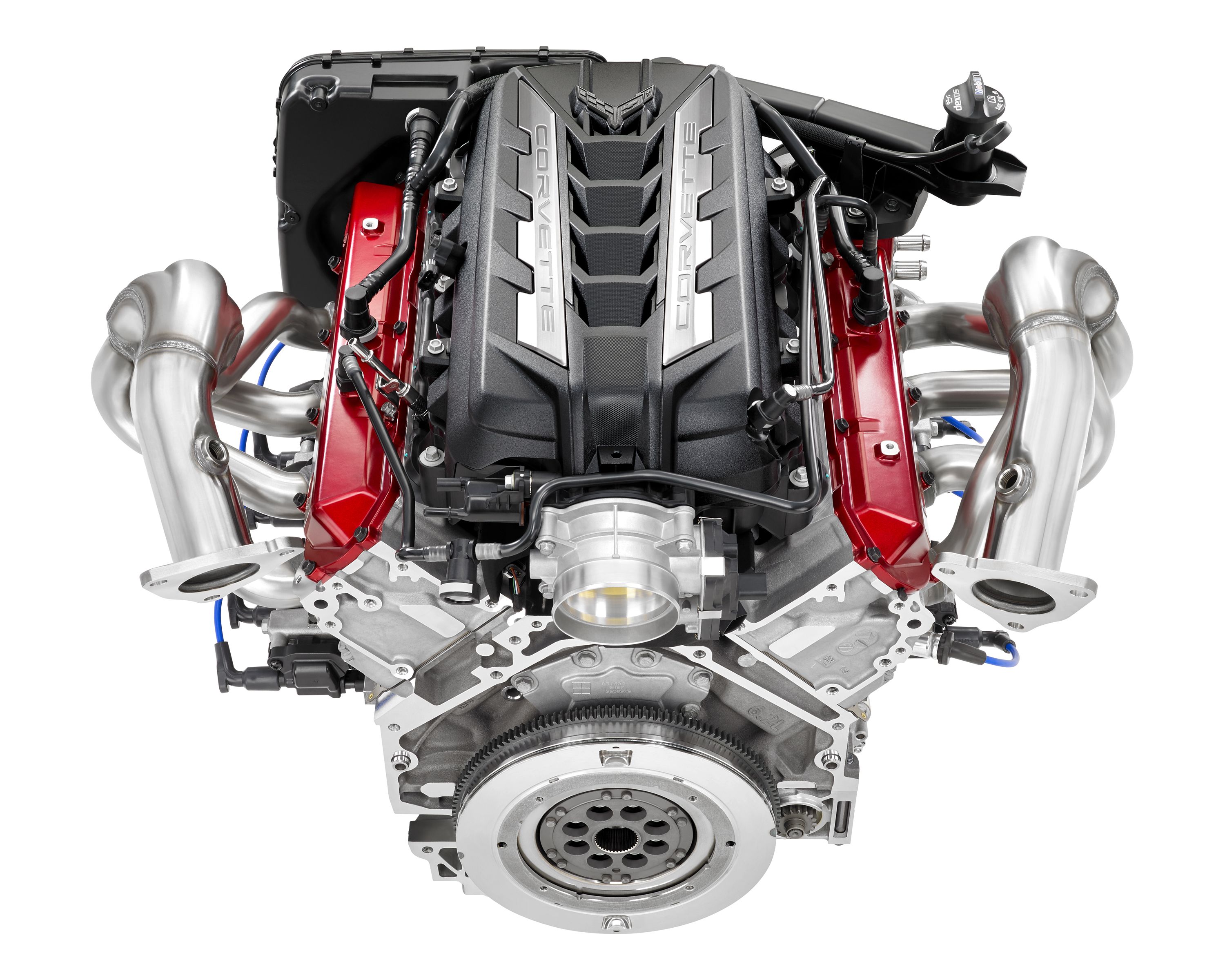Discover High-Quality Imports with Engines For Africa
A Full Guide to Picking the Right Engine for Your Job
Choosing the ideal engine for your project is a crucial choice that can considerably impact its general success. It is vital to thoroughly define your task requires, review performance requirements, and consider user-friendliness alongside various other necessary elements. Furthermore, comprehending the area assistance offered and scrutinizing cost implications can better improve your option. Each of these aspects plays an essential function in making sure that your picked engine not only meets immediate goals yet also straightens with lasting goals. As we explore these factors to consider, you might find that the nuances of each aspect reveal greater than originally prepared for.
Specify Your Job Requirements
Specifying your task requires is a crucial action in selecting the suitable engine for effective execution. A thorough understanding of your project's goals will certainly direct you in identifying the features and capacities called for from an engine. Begin by detailing the scope of your project, consisting of the desired performance, target audience, and the details outcomes you aim to achieve.
Following, take into consideration the technical requirements that align with your project goals. This includes assessing the compatibility of the engine with existing systems, as well as the programming languages and structures that will certainly be used. In addition, evaluate the degree of scalability needed to accommodate future growth or adjustments popular.
Spending plan constraints likewise play a crucial duty in specifying your task requires. Develop a clear monetary structure to assist your decision-making process, ensuring that the engine picked fits within your spending plan while giving the needed performance.
Evaluate Efficiency Needs

Next, think about the scalability of the engine. Assess whether it can handle enhanced work as your job expands. Engines that sustain horizontal scaling are commonly preferable for larger applications. Additionally, assess the engine's efficiency under various conditions, such as peak usage situations, to guarantee it satisfies your integrity requirements.
Take Into Consideration Ease of Use
While technological specs are important, the simplicity of usage of an engine can considerably impact the development process and total task success. An intuitive interface, clear documentation, and structured operations can significantly decrease the understanding contour for developers, allowing them to concentrate on imagination and analytic as opposed to facing facility devices.
When reviewing an engine's simplicity of use, think about the onboarding experience. A well-structured introduction, complete with tutorials and example projects, can promote a smoother transition for new users. Additionally, the clearness and comprehensiveness of the engine's documents play an essential duty; detailed overviews and API references can equip developers to repair and execute attributes efficiently.
An engine that enables for very easy modifications can be much more straightforward, as designers can tailor it to fit their certain needs without substantial inconvenience. Inevitably, selecting an engine that prioritizes ease of usage can lead to a much more enjoyable more tips here and productive development experience.
Assess Neighborhood and Support
The strength of an engine's community and support network can substantially influence a designer's experience and success. A lively area typically suggests a wealth of shared understanding, sources, and troubleshooting aid that can enhance your project's growth process. When analyzing an engine, take into consideration the dimension and task degree Learn More Here of its area. Bigger communities generally use more forums, tutorials, and third-party plugins, enabling developers to locate solutions a lot more efficiently.
In addition, examine the schedule of official assistance channels. Trusted paperwork, responsive consumer assistance, and routine updates are crucial for resolving technological issues and keeping your project on track. Engines For Africa. Energetic neighborhoods additionally promote collaboration, supplying chances for networking and feedback, which can be important, especially for independent designers or little teams
In addition, check out the existence of community-run occasions, such as meetups or hackathons. These celebrations can improve your understanding of the engine while attaching you with possible collaborators and knowledgeable individuals. In summary, a durable area and support group not only streamline advancement however additionally produce a setting helpful to learning and advancement, eventually boosting the probability of your project's success.
Contrast Price and Licensing Alternatives
Budget plan considerations play a crucial function in picking the appropriate engine for your job, as the cost and licensing choices can considerably influence both temporary costs and long-term feasibility. Engines For Africa. Various engines use varying rates frameworks, which can consist of one-time purchase costs, membership models, or revenue-sharing arrangements based on your task's revenues

Licensing choices additionally differ substantially. Some engines are open-source, using versatility and community-driven assistance, while others may call for exclusive licenses that restrict usage additional reading and distribution. Comprehending the implications of each licensing version is crucial, as it impacts ownership legal rights, future scalability, and potential legal responsibilities.
Verdict
Finally, choosing the suitable engine for a job necessitates a thorough analysis of specified project needs, performance demands, ease of use, area assistance, and cost factors to consider. By methodically addressing these critical elements, decision-makers can make sure positioning with both future and existing job needs. A knowledgeable selection inevitably enhances the likelihood of job success, enabling effective resource allowance and making the most of possible end results within the specified financial restraints.
Selecting the appropriate engine for your job is a critical decision that can significantly affect its general success.Specifying your project requires is a critical action in picking the suitable engine for successful execution. An extensive understanding of your project's objectives will direct you in recognizing the capacities and features needed from an engine.Once you have a clear understanding of your task requires, the next action is to examine the efficiency requirements of the engine.In final thought, choosing the ideal engine for a job demands a thorough assessment of defined project needs, performance demands, ease of use, area assistance, and price factors to consider.